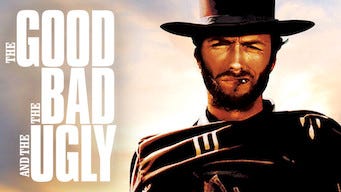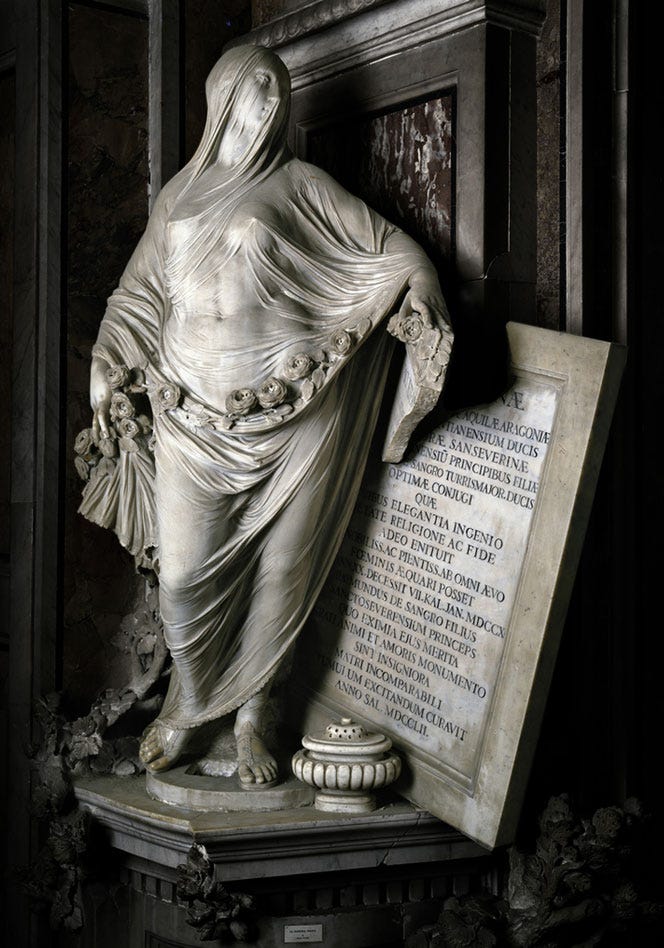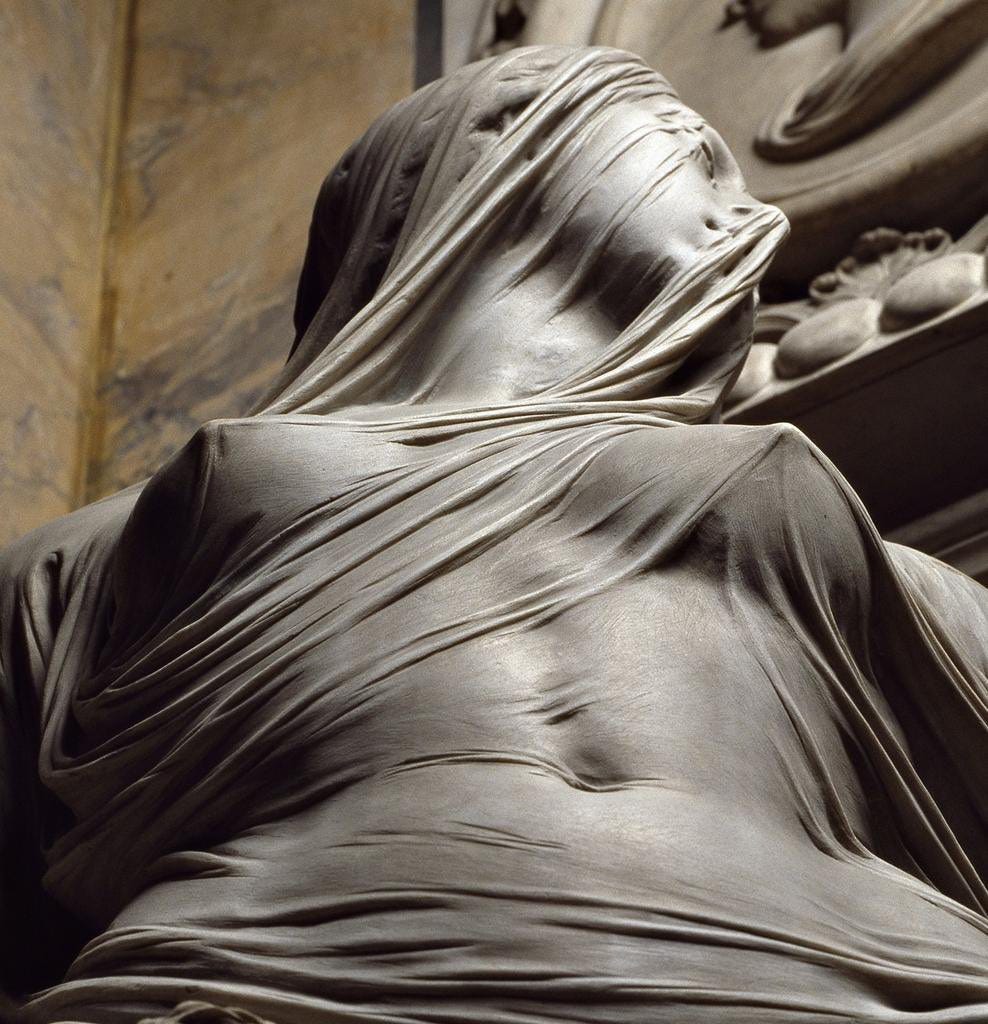The Good, the Bad, and the Ugly (No. 6)
April 16, 2021
The Good
How many times must I keep telling all of you that George Orwell’s 1984 is a novel, which means fiction. Furthermore, it was written as a warning. 1984 is NOT a how-to manual for budding totalitarians.
In that light, consider the story of Paul Rossi, a math teacher at Grace Church High School in Manhattan. Mr. Rossi has courageously just published a very important essay about his experiences teaching at an elite private school in the grips of ideological hysteria. (Once again, I’m sharing with you something good about something bad.)
Independent thinking is not permitted at Grace Church High School. Ideological mass conformity is the order of the day, which shall be enforced by screeching Ideological Hall Monitors. Neither teachers nor students may question the new hegemony. Obey—don’t think is the primary commandment.
Of his experience, Mr. Rossi writes:
I know that by attaching my name to this I’m risking not only my current job but my career as an educator, since most schools, both public and private, are now captive to this backward ideology. But witnessing the harmful impact it has on children, I can’t stay silent.
My school, like so many others, induces students via shame and sophistry to identify primarily with their race before their individual identities are fully formed. Students are pressured to conform their opinions to those broadly associated with their race and gender and to minimize or dismiss individual experiences that don’t match those assumptions. The morally compromised status of “oppressor” is assigned to one group of students based on their immutable characteristics. In the meantime, dependency, resentment and moral superiority are cultivated in students considered “oppressed.”
All of this is done in the name of “equity,” but it is the opposite of fair. In reality, all of this reinforces the worst impulses we have as human beings: our tendency toward tribalism and sectarianism that a truly liberal education is meant to transcend.
I hereby declare Mr. Rossi as the winner of The Redneck Intellectual’s “Hero of the Month” award. I wish there were a cash prize with this award. He may need it in case he loses his job, which, betting odds are . . . ! Please read his essay, Every—Damn—Word. (See here.)
But it doesn’t have to be this way. Be silent no more. The fight back begins.
I support separation of church and state, which means I support separation of school and state. Let it begin here.
Capitalism vs. Socialism. And the winner is? Here are Five Reasons Capitalist Chile is Better than Socialist Venezuela.
The Bad
They say that 536 AD was the worst year to be alive. I can believe it. This sounds horrible. (See here.)
Unlike 536 AD, the main cause of death in 2020-21 was man-made. Bad ideas, bad decisions, and gross incompetence from the ruling class have led to unnecessary death and suffering.
Tearing down the Constitution one brick at a time.
The Ugly
Coming to a college near you. Cultural Revolution is in the air. Let the Struggle Sessions begin: “Student Government Bill Wants Students to Have Power to Punish Professors Found Guilty of Oppression.”
They told me that Atlas Shrugged was fiction (vaccine edition). Did anyone really think that by putting government in charge of vaccines that it would turn into anything other than a mess? (See here.)
They told me that Atlas Shrugged was fiction (social media edition). Mark Zuckerberg goes for a twofer of censorship and monopoly power. He favors legislation creating a “Ministry of Misinformation,” the purpose of which would be to censor information that the government deems “misinformation.” On top of all that, the legislation would raise the barriers to entry for start up social media companies. (See here.)
The Bolshevization of American education continues apace. More from the California Ethnic Studies Model Curriculum. It turns out that it’s worse—much worse—than we reported just last week and we thought it was horrible then. Chris Rufo at City Journal is doing the best writing at the moment on the ideological indoctrination taking place in America’s government schools:
Next, Jorge Pacheco, president of the California Latino School Boards Association and advisor for the state Ethnic Studies Model Curriculum, presented the movement’s conceptual framework. Pacheco explained that the ethnic studies curriculum is based on the work of Brazilian Marxist Paulo Freire, who invented the concept of the “pedagogy of the oppressed,” which holds that students must be educated to understand their oppression and develop the practical skills, or “praxis,” to challenge and eventually overthrow their oppressors. Pacheco acknowledged that the Marxist underpinnings to ethnic studies “scare people away” but insisted that teachers must be “grounded in the correct politics to educate students.”
. . . At the end of the presentation in Santa Clara, Pacheco argued that schools should start transforming children into “activist intellectuals,” beginning in first grade. “[It’s] never too young,” he said, arguing that educators should be “cashing in on kids’ inherent empathy” in order to reshape their ideological foundations.
. . . This is a dystopian project. As these pedagogical theories make their way into the classroom, California schools will be teaching millions of children to hate their own country. They will be oriented toward the work of “decolonizing,” “deconstructing,” and “dismantling” their own society. . . .
For Rufo’s full essay, which I highly recommend, see here: Merchants of Revolution: California’s Ethnic Studies initiatives train Children in Marxist Theory—and Opposition to the American System.
. . . and the Beautiful
Let us cleanse our souls of the ugly and now turn to the beautiful. Ponder these words from Alexandr Solzhenitsyn’s Nobel Prize Lecture in 1970:
One day Dostoevsky threw out the enigmatic remark: “Beauty will save the world”. What sort of a statement is that? For a long time I considered it mere words. How could that be possible? When in bloodthirsty history did beauty ever save anyone from anything? Ennobled, uplifted, yes – but whom has it saved?
Dostoevsky’s “enigmatic remark” either means nothing or it means everything. The cynics will no doubt scoff at Dostoevsky’s famous comment from his novel The Idiot as just so much meaningless fluff, but I am open—very open—to the possibility that it contains a profound truth. I won’t attempt here and now to take up Solzhenitsyn’s questions, but I will say in passing that beauty performs a dual function: it takes us beyond ourselves in order to experience the best within us. The best within us aims toward the famous trilogy of truth, goodness, and beauty.
Ironically, we can say of beauty what Supreme Court Justice Potter Stewart famously said of pornography in 1964: “I know it when I see it.”
I saw beauty the second I first saw Antonio Corradini’s (1688-1752) sculpture “Modesty” (1752) sometimes also known as “Veiled Truth.”
The reader response to “. . . and the Beautiful” has been overwhelmingly positive. Many of you have sent me works of art that you find beautiful, which I’ve both enjoyed and appreciated. I’ve decided that I’m going to share some/all of your submissions. I’m trying to figure out the best way to do that. Expect something in the weeks ahead.
In the meantime, here’s a photograph of a U.S. aircraft carrier (USS Gerald R. Ford) off the eastern seaboard at night sent from reader and friend, Tal Manvel. The photographer is Joshua Sheppard. Click on the photograph for full effect.
Don’t forget to submit your aesthetic recommendations to: redneckaesthetic@gmail.com. Please always use as your subject line: “The Beautiful.”
Have great week!





Going through your substack chronologically makes me think that BAP has a lot in common with a young future Progressive Theodore Roosevelt. TR thought that the Gilded Age was effeminate and he boxed at Harvard. He preached a later version of Muscular Christianity; a concept that came out of the cholera outbreaks in 1840s London.
I think that I was assigned Pedagogy of the Oppressed in College during the 1990s. It might've been an English class instead of a Latin American poli sci one. I don't recall the book. I remember Rigoberta Menchu more. I think that I asked the teaching assistant about Simon Bolivar and he'd never heard of him. I already did a four year stretch with Uncle Sam, so I think that I was older than the TA